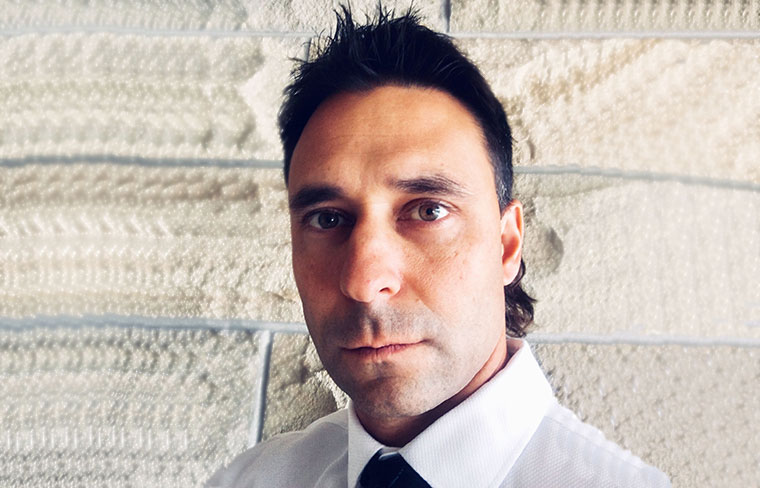
A panel of experts will review the current data on the risk and medical management of a variety of post-surgical complications in inflammatory bowel disease (IBD) patients during Monday morning’s AGA Clinical Symposium Medical Management Following Surgical Therapy in Inflammatory Bowel Disease: Evidence from Cochrane Reviews.
“Once patients have had surgery, they need to be managed medically even more aggressively perhaps than before surgery,” said Nilesh Chande, MD, coordinating editor of the Cochrane Inflammatory Bowel Disease and Functional Bowel Disorders Review Group and associate professor of medicine at the Schulich School of Medicine and Dentistry at the University of Western Ontario, Canada. “Our goal is to provide systematic, unbiased interpretations of the literature.”
One of the most common problems following surgery for Crohn’s disease is recurrence. Historical data suggest that without adequate medical management, up to 80% of patients undergoing surgery for Crohn’s will have a recurrence in the first year. The risk for a repeat surgery is as high as 50% over the next 10 years.
Infectious complications are another familiar risk following IBD surgery. Many patients are on immune-suppressing therapy before surgery, and patients who need urgent surgery are often not well enough to discontinue immunosuppression, Dr. Chande noted. The risk of infection around the time of surgery may partly relate to the mediations the patient is taking.
“There’s literature that suggests some medications may be safer to give around the time of surgery, and some medications may be less safe,” Dr. Chande said. “We will have a good discussion as to the optimal management with respect to medications used to treat Crohn’s disease and ulcerative colitis in patients who may be headed for surgery.”
Ulcerative colitis patients whose disease becomes refractory to medical management are referred for colectomy and an ileal pouch-anal anastomosis. The procedure is effective but pouchitis is a common complication.
The literature indicates useful approaches to prevent and treat pouchitis. Optimal treatment for recurrent pouchitis is not completely understood, but appropriate management can minimize complications.
IBD surgery can also have a significant impact on female fertility. Any surgical approach can lead to significant adhesions and pelvic inflammation, reducing fertility in women of child-bearing age.
“We need to be sure our patients understand the long-term implications of having surgery for their disease, such as the impact on their ability to carry children,” Dr. Chande said. “We will provide evidence-based guidance that practicing clinicians can use to manage their more complicated IBD patients.”
Please refer to the DDW Mobile App or the Program & Exhibits section for the time and location of this and other DDW® events.
We need to be sure our patients understand the long-term implications of having surgery for their disease, such as the impact on their ability to carry children.Nilesh Chande, MD



